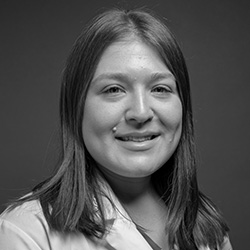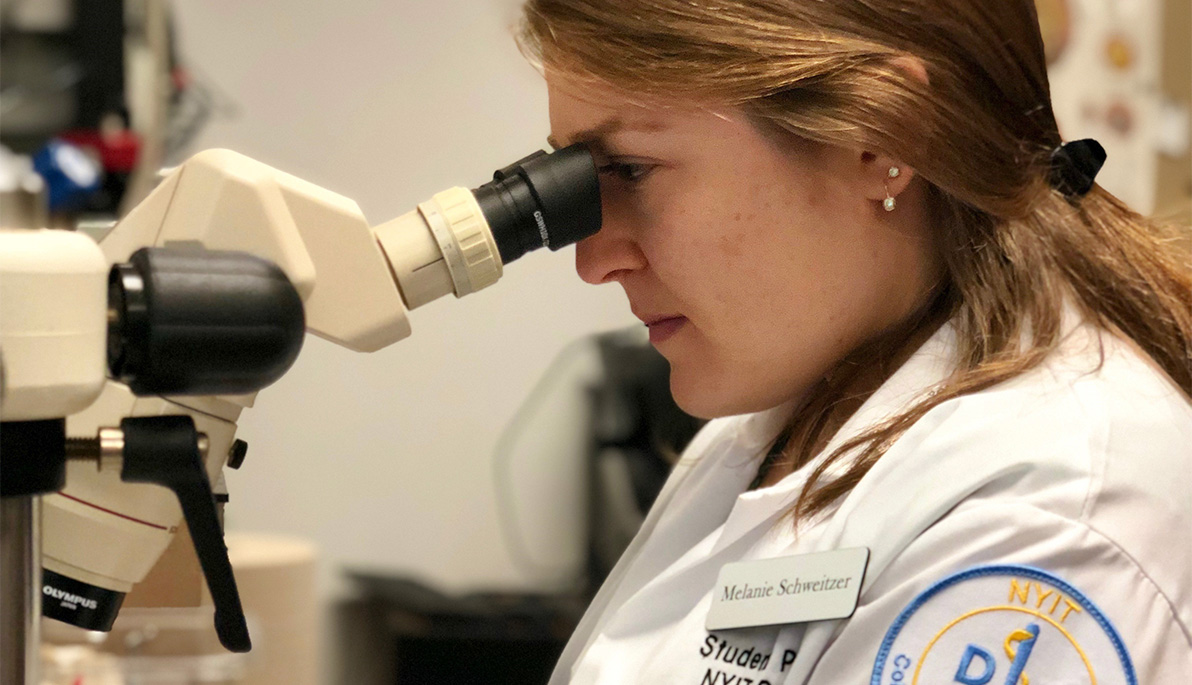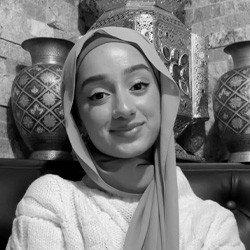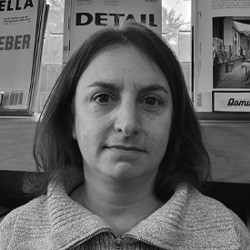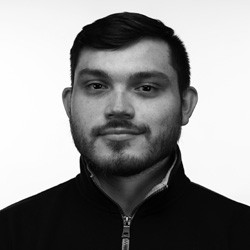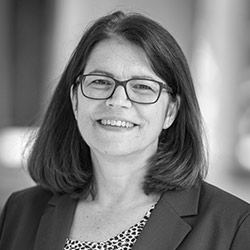Researching Childhood Brain Cancer
Second-year NYIT College of Osteopathic Medicine (NYITCOM) student Melanie Schweitzer is on a mission to treat pediatric cancer. She works with her mentor NYITCOM researcher Haotian Zhao, Ph.D., to develop treatments for choroid plexus carcinoma, highly lethal childhood brain tumors. Her extensive work earned her an American Brain Tumor Association neuro-oncology research fellowship. Schweitzer sat down with The Box to talk about her research and why she decided to pursue a career in medicine.
What inspired you to pursue a medical education?
Throughout high school and college, I always challenged myself to take advanced science classes, and I became involved in research in my freshman year of college. I also volunteered at a children’s hospital, where I had a great deal of exposure to patients. Although I liked the laboratory work, it was the patient stories and relationships that were most inspiring to me. Upon graduating from college, I got a job working at Weill Cornell Medicine Medical College in a laboratory in the Department of Neurosurgery. It was here where my interest in the brain emerged. After working for three years in the laboratory setting, I knew it was time for me to begin my medical education.
Can you talk about your research?
The choroid plexus is a region of the brain that produces cerebrospinal fluid in the ventricles of the brain. Choroid plexus carcinoma (CPC) is a highly lethal tumor found in this region of the brain that is poorly understood and has few treatment options. These tumors are primary brain tumors predominantly found in young children.
Why is this work so important?
Little is understood about choroid plexus carcinoma, and there haven’t been many improvements in treatment. The development of targeted therapies for CPC tumors is hampered by a small patient population, poor knowledge of disease mechanisms, and lack of animal models for preclinical studies. We are addressing these problems through novel animal models of CPC, and preclinical testing of potential therapeutics.
Cellular signaling mechanisms in the body have been known to drive these cancers, and the Notch signaling pathway [an intercellular signaling mechanism critical for proper embryonic development] is one that’s commonly implicated in many cancers such as CPC. We created genetic mouse models that develop CPC-like tumors, which helped us to define and understand the characteristics of the tumor cells. Through our findings, we tested a molecule drug to block CPC tumor growth.
What lessons have you gained from working with your research mentor, Haotian Zhao?
I have thoroughly enjoyed my time working with Dr. Zhao. He taught me how to be patient and understand why experiments do not always go as planned. He challenges me to come up with possible reasons for any roadblocks we may have encountered, and together we talk through alternative solutions and ways to circumvent problems going forward. By applying for and receiving the American Brain Tumor Association grant, I learned how to navigate the grant writing process. Dr. Zhao helped me every step of the way. He continues to encourage me to seek opportunities that will further benefit me as a future physician-scientist. Ultimately, I would like to pursue a career in interventional neuroradiology.
You spend a lot of time in the lab! What do you like to do when you aren’t in the classroom?
I like to run and be physically active. I ran the Brooklyn half marathon before starting medical school, and I hope to complete another race in the near future. I also enjoy singing. I am part of the on-campus a capella group called the Note-O-Chords. We rehearse each week and perform for patients in the hospital during the holiday season as well as at an end of year concert.
